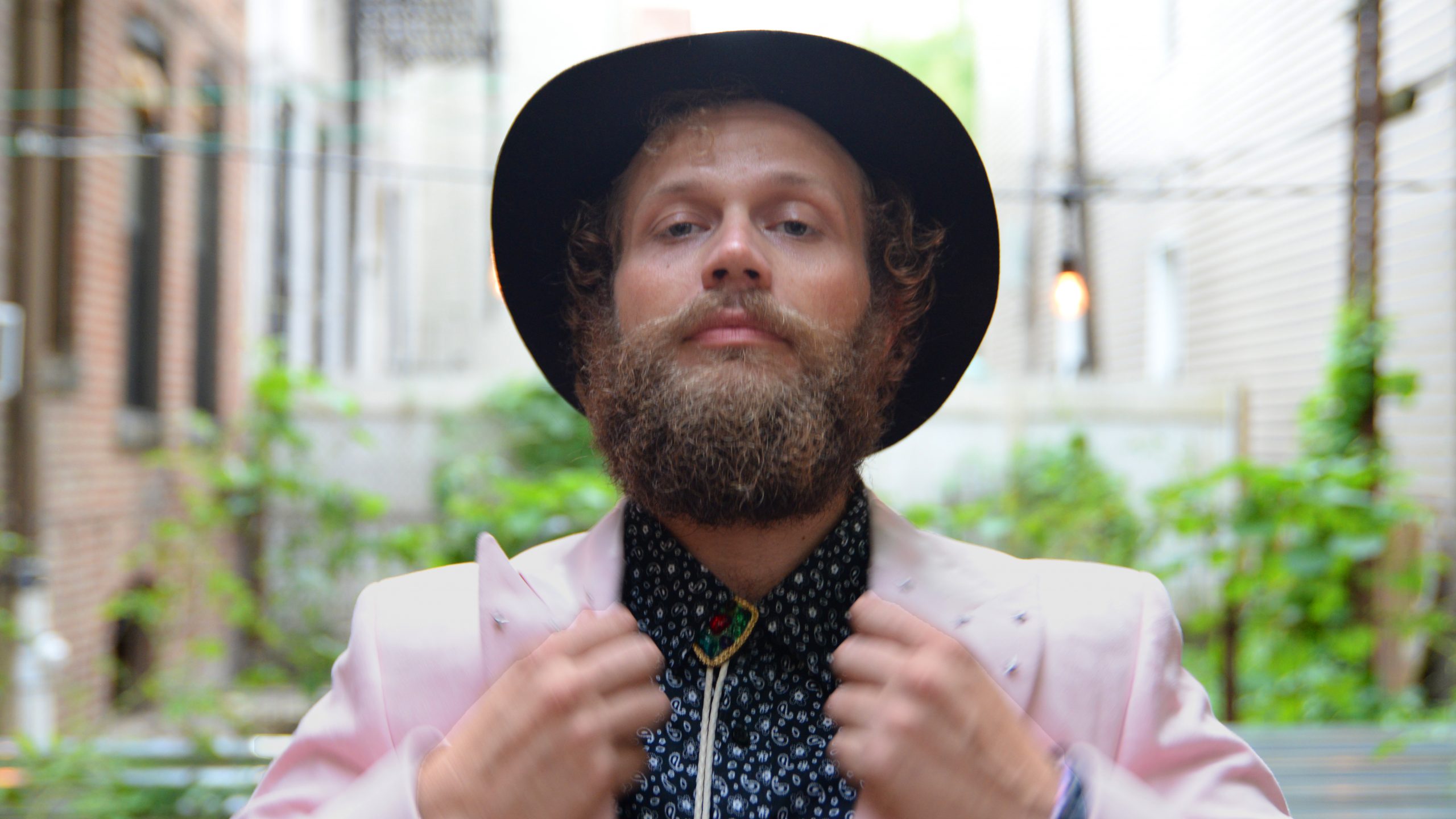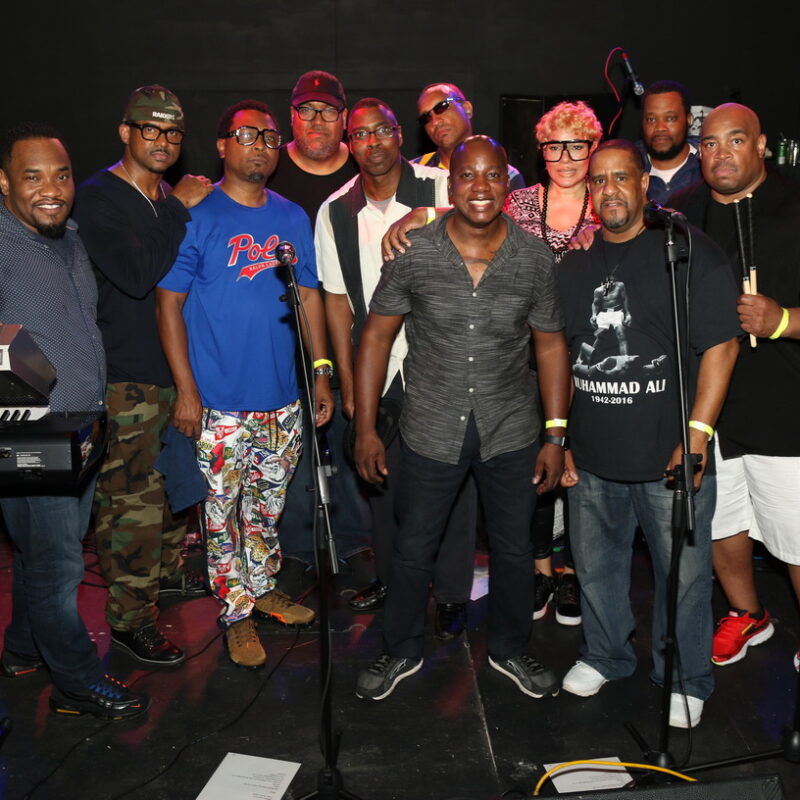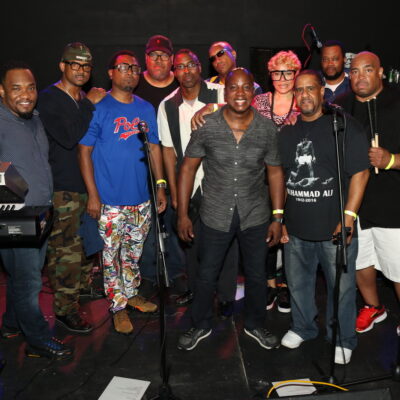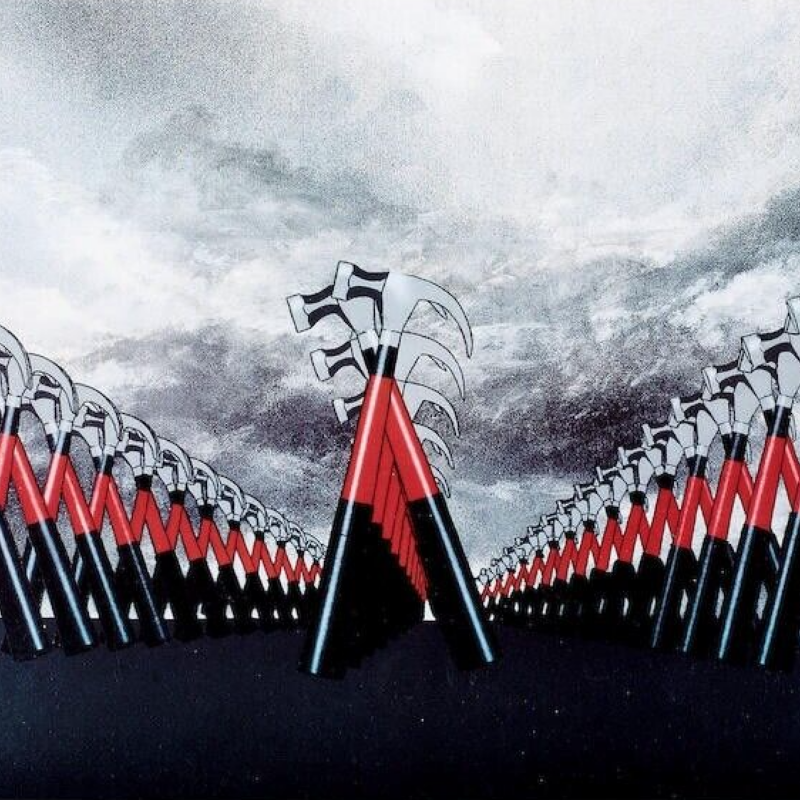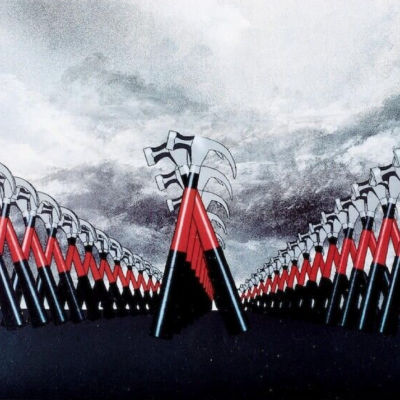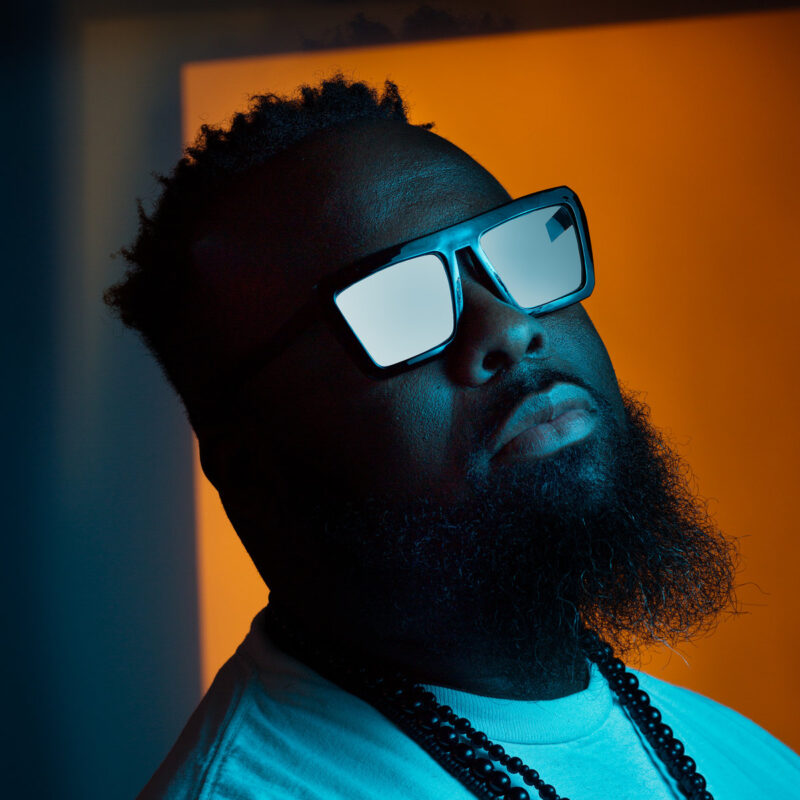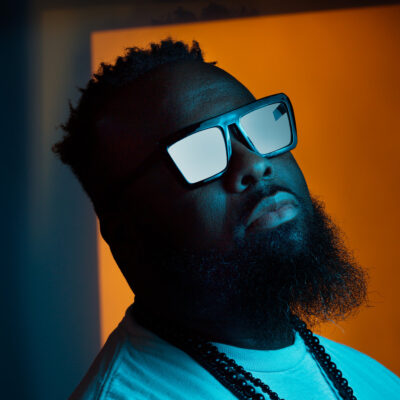If there was one guiding light throughout director Bo McGuire’s near-zero-budget filming of Socks on Fire, his tale of family division over his beloved Nanny’s house, it would be Dolly Parton know-how.
From the country icon, McGuire learned to “work with what you have.” He was at NYU, and had the equipment to make a film, but no funding. Meanwhile, his Aunt Sharon had kicked his drag-queen Uncle John out of his grandmother’s house in his hometown of Hokes Bluff, Alabama.
“This drama was going down in my family, who are characters in their own right,” he says. He also knew the local landscapes, which “look beautiful on film.” He decided to take a camera and couple talented friends down to Alabama to “see what happens.”
Until the day of filming, McGuire hadn’t decided if he was going to appear on screen. “I went to my closet and pulled out the brightest colors I could find—and I made sure I had accessories.” That, he says, is Dolly Parton know-how: making do with what you have.
Home videos interspersed throughout the film are evidence of the close-knit family McGuire grew up in. “It was emotional for me,” he says. “I felt very possessive and responsible for my grandmother’s legacy, while watching my family implode.”

He stresses that Socks on Fire, which refers to the airing of one’s dirty laundry—or in this case, the torching of it—is his own version of the event. “This is how I feel about it,” says McGuire.
His telling has poetry—and pyrotechnics. Local drag queens reenact parts of the family drama. And family members and friends appear on camera, turning the story into an homage to the important women in McGuire’s life.
“I was trying to capture what was going on and where I come from, somehow, in some mystical way.”
His mother didn’t understand why people would want to watch “our family being our family,” he says. “Then you have my Uncle John, who has been waiting for this moment. He loves the camera.”
Growing up in eastern Alabama, McGuire had no model for going into film. Instead, he studied creative writing and got an MFA in poetry. “I didn’t want to be an academic,” he says—he wanted to make music videos. At NYU, he studied with Spike Lee, who, it turns out, is a big Alabama football fan.
“He was very encouraging,” says McGuire. “I think he wants to see young filmmakers be rebellious.”
Making a movie in his hometown offered some production benefits in housing, locations, and feeding his crew. “People in Gadsden, Alabama, were excited about shooting a film, and they’re willing to let you do things for free,” notes McGuire.
Ultimately, he wants people to see a new kind of South. “Narratives of the South are often spun by people not from here,” he says. “The South gets scapegoated for a lot of the country’s problems.”
McGuire says there’s a lot to love. “The largest percentage of LGBTQIA people exist in the Southeast. I just wanted to hold a mirror up to the South. You are a place that believes in original storytelling, where we’re queer, weird, out there, and different.”
A story about the disputed settling of an estate could have been bitter, but McGuire says he took care not to bully his aunt, who was his favorite growing up. “I would like people to see the love,” he says.
The Parton influence factored again when McGuire cooked breakfast for his crew and played generous host so that people wanted to collaborate and were excited about what he was doing.
“Being nice is Dolly Parton know-how,” explains McGuire. “You can get away with a lot more if you’re kind and generous.”
Socks on Fire
October 28
Violet Crown Cinema
